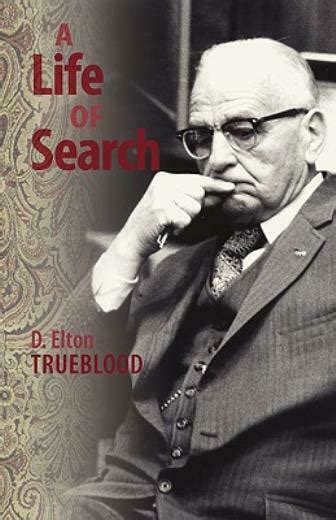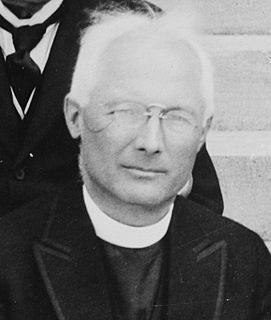A Quote by Mark Helprin
Accident is as much a part of fiction as anything else, symbolic of the grace that, along with will, conspires to put words on the page.
Related Quotes
To be quite honest, along with thinking and such when it comes to writing, I'm not into words like "theory." I'm a PhD dropout. No matter how many twenty-five-page papers I wrote, I never felt like I was saying much. I didn't feel like the writer of the book, whose work I was analyzing, would have been impressed. It didn't matter how much time or effort I put in.
I became much more interested in plot when I really didn't consider myself a writer anymore. When I was in an art context and I started to do installations, that was when writing of mine almost returned to fiction. Earlier I felt like I didn't have anything to write about, I could only concentrate on the page, I could only concentrate on words.
If you give a writer a pile of blank paper and say you can write anything you like on any subject you want at any length you want, you will probably never get anything at all, whereas if you have 900 words to write, and it's fiction that is somehow op-ed fiction, and it needs to tie in with Halloween . . . okay, those are my constraints, that's where I now need to start building something.
You can say anything with a Post-It. I’m not entirely sure why that is. Maybe the friendliness of the squares makes it easier. A square is nicely compact and less intimidating than a full page. And they come in cheerful colors. Non-white paper is kind of inherently festive. Or maybe paper that sticks feels more important than paper that can blow away. (Though you can move them, if you need to put them somewhere else.) They might not be as lasting as words carved in stone, but Post-It thoughts will stay. For awhile, at least.
If you take a book with you on a journey," Mo had said when he put the first one in her box, "an odd thing happens: The book begins collecting your memories. And forever after you have only to open that book to be back where you first read it. It will all come into your mind with the very first words: the sights you saw in that place, what it smelled like, the ice cream you ate while you were reading it... yes, books are like flypaper—memories cling to the printed page better than anything else.







































